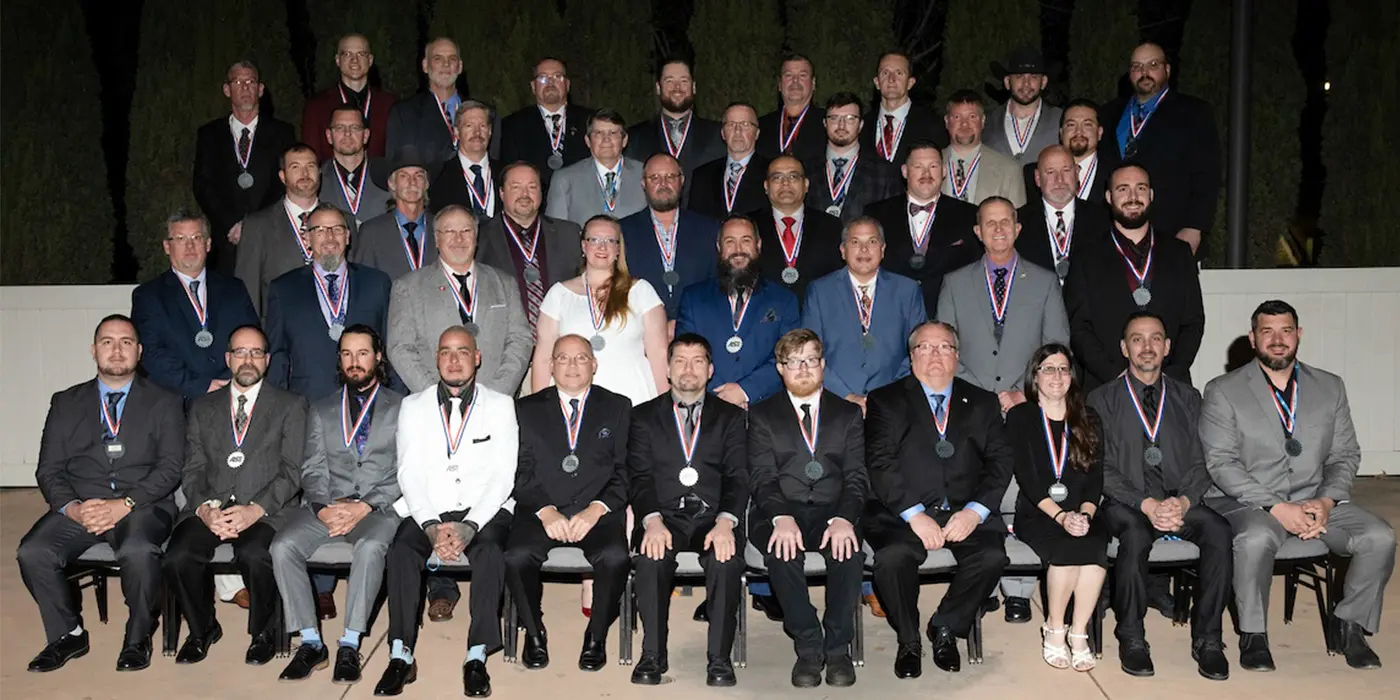Payday. While it is music to an employee’s ears, payday presents logistical and legal challenges for your company. One of the chief challenges is ensuring your employees are paid properly under the Fair Labor Standards Act (FLSA).
Why does FLSA matter to you? Money. Improperly paying employees opens you up to potentially massive liability from a collective action.
Let’s say you haven’t been paying Al overtime because you classified him as a manager. After years of working 80 hours per week, he sues you. (Al’s suit shouldn’t come as a surprise, since this is one of the most common types of lawsuits filed nationwide.)
Following several years of expensive litigation, the court agrees with Al – he’s not exempt under FLSA and you owe Al two (or even three) years of overtime wages. Al will probably also recover liquidated damages, attorney’s fees and costs, which will more than double the amount of money you owe. Let’s say that amounts to $100,000. It’s painful, but if 50 or 500 employees are entitled to similar damages, that judgment could be catastrophic.
FLSA Basics
FLSA is a federal law that, among other things, sets a national minimum wage, mandates overtime, and sets certain recordkeeping requirements. FLSA covers all employers participating in interstate commerce or the production of goods for interstate commerce. It also applies to businesses not engaged in interstate commerce that have at least two employees and do at least $500,000 a year in business.
Under FLSA, employees can either be classified as exempt or non-exempt. An exempt employee is someone who need not be paid overtime and/or minimum wage because he or she falls into – you guessed it – an exemption. In order to qualify for any given exemption, an employee must meet certain criteria regarding his or her daily duties. While over 30 exemptions exist, common categories include the executive, professional and administrative exemptions. Every other employee is non-exempt.
To determine whether your employees are properly paid under FLSA, you can start by asking a couple of questions. This analysis is complex and fact-specific, so it’s worth consulting with an experienced employment attorney.
1. Are Your Employees Properly Classified?
The first step is to create a list of all employees who are currently not paid minimum wage or overtime. You then need to evaluate each person or job category individually to determine if an exemption applies. An updated and accurate job description is invaluable, since this analysis turns on the daily duties an employee performs, not the employee’s title.
However, don’t take any job description at face value. In many cases, an interview with the manager of the position or the employee may be necessary to accurately evaluate a position.
Case Study 1: Bob is an assistant store manager. He does the same work as the other sales associates but also trains new sales associates. Bob sets the weekly schedule and signs time sheets for the sales associates when the store manager is out of the shop. He doesn’t interview, hire or fire employees. Bob’s salary is $27,000 per year, and he’s not paid overtime because he has the title of assistant manager. Is Bob an exempt employee?
Probably not. The analysis is always fact-specific so you will need to assess each kind of exemption to see if the job in question fits into it. Here, it looks like the closest fit is the executive exemption. However, Bob doesn’t seem to spend the majority of his time performing management duties and exercises little autonomy and discretion. Thus, even though Bob earns more than $455 per week, at least nominally supervises more than two employees, and performs some managerial duties, he probably doesn’t make the cut.
Once you’re confident all your employees are properly classified, the next step is to check that your non-exempt employees are paid properly.
2. Are You Properly Paying Non-Exempt Employees?
Under FLSA, non-exempt employees must be paid at least minimum wage as well as overtime. While it sounds like a simple concept, common payment pitfalls include unlawful policies, overtime errors and improper pay deductions.
As with many other employment issues, good policies and procedures are invaluable when it comes to ensuring compliance with FLSA. A good policy explains when and how employees are paid. It sets forth the employee’s obligations, like requiring time be promptly and accurately recorded. It also states employees will be paid for all hours worked, including any overtime. Finally, it provides an avenue for employees to raise concerns if they believe they are being improperly paid. And you should regularly train all your managers since the best-written policy won’t save you from poor (or illegal) practices.
Case Study 2: Let’s say Carol worked two hours of overtime last week, without approval from her manager. You don’t want to pay her because she didn’t get approval. But not paying an employee for any time worked – authorized or not – is not the answer. Instead, pay Carol for all time worked, but consider issuing a disciplinary action for her failure to follow your policy regarding obtaining advance approval for overtime.
See how having a good policy helps you here? Also, be mindful the correct overtime wage rate is not just based on Carol’s hourly wage. It should also include things like earned commissions and non-discretionary bonuses, but need not include monies paid as gifts, discretionary bonuses and shift premiums.
You also need to verify there are no improper deductions from an employee’s paycheck. Deductions required by law (like taxes) or for the benefit of the employee (like health insurance premiums) are fine, but problems arise if the cost of uniforms or tools drops an employee below minimum wage.
Finally, be wary of the “volunteering employee.” Let’s say you know Doug comes in early and stays late. But Doug doesn’t always write down the extra time he works. You don’t ask him to do it, but Doug loves your company and is happy to go the proverbial extra mile. He’d never sue you, right?
Employers are required to pay wages when an employee is suffered or permitted to work. (According to the Department of Labor, “’Suffer’ or ‘permit to work’ means that if an employer requires or allows employees to work they are employed and the time spent is probably hours worked.”)
So, even if Doug volunteers, you know he’s working and thus he should be compensated. And the fact he loves the company today doesn’t mean he won’t sue you tomorrow after he gets a bad review or needs some extra money.
Further, be wary of smartphones. They add an additional level of compensation complications because any significant time spent checking or responding to emails or messages is likely compensable.
3. Are You Keeping the Required Records?
Not only do you need to pay employees properly, you need to maintain records showing you did so. Time records should be accurate to at least the closest 15-minute interval, though exact recording of time is better. If you round any time worked, then that rounding shouldn’t always be in the employer’s favor.
I also recommend you retain your payroll records for at least three years, whether you do so electronically or in a hardcopy. Finally, make sure that posters regarding FLSA and other state and federal regulations are posted properly and updated regularly.
Other Questions
It is important to remember that state law can add additional requirements you also need to follow. State laws often set a higher minimum wage and dictate how often employees are paid, what deductions can be taken, and how to deal with payment of accrued vacation at an employee’s termination or resignation.
Performing internal classification audits may not be on your list of priorities, but you should assess your workforce on a regular basis to ensure your employee classifications remain accurate. It is particularly important to do an audit if you undergo any reorganization or when the FLSA regulations change significantly. And significant changes are coming soon.
The Department of Labor is currently updating the requirements for the executive, administrative and professional exemptions, which may roll out as soon as 2016. The DOL’s proposed rules suggest more than doubling the current required exempt salary threshold of $23,660, which will have enormous implications for employers. At minimum, you will need to evaluate and update job descriptions, time keeping systems, payroll records and policies.
While FLSA issues are complex, if you keep these considerations in mind you will be well on your way to ensuring FLSA compliance.
Article courtesy TIRE REVIEW.













